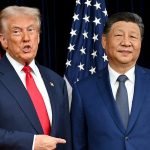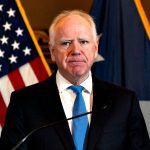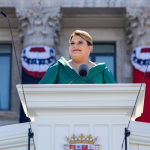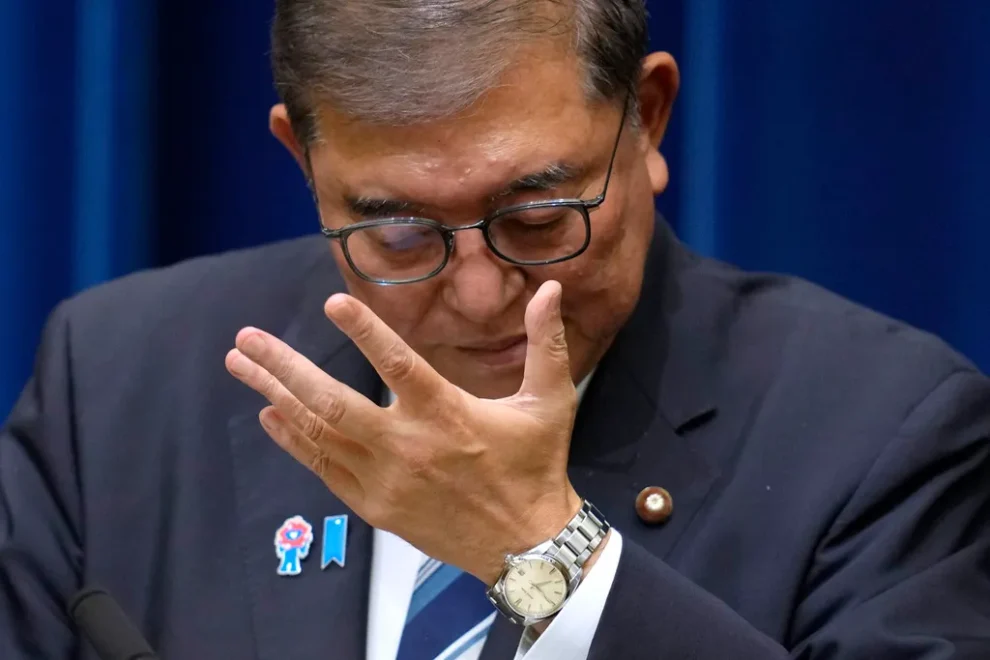TOKYO (AP) — Japanese Prime Minister Shigeru Ishiba announced Sunday that he will resign following growing calls from within his party to take responsibility for a historic defeat in July’s parliamentary election.
Ishiba, who took office in October, said he was stepping down as prime minister and as the head of his conservative Liberal Democratic Party.
The 68-year-old centrist had resisted demands from opponents further to the right within his own party to resign. He argued that he wanted to avoid a political vacuum at a time when Japan faces key domestic and international challenges, including U.S. tariffs, rising prices, and growing tensions in the Asia-Pacific.
JERRY NADLER SAYS HE WILL NOT RUN FOR REELECTION
Ishiba explained at a news conference Sunday night as he announced his resignation plans that he had intended for some time to take responsibility for his party’s summer election loss but was first determined to make progress in tariff negotiations with the United States. He described it as a matter of national interest.
“Who would seriously negotiate with a government whose leader says he is stepping down?” Ishiba said.
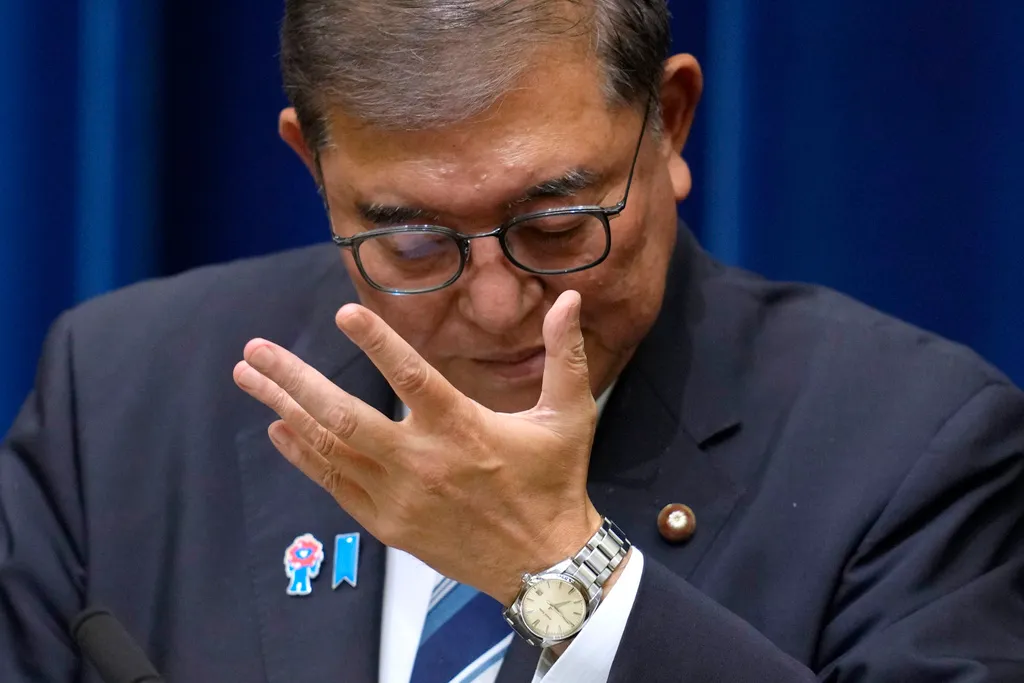
He said the moment had arrived with an order by President Donald Trump on Friday to lower tariffs on Japanese cars and other products to 15% from a previously imposed 25% rate.
“Having reached a milestone in the U.S. tariff negotiations, I decided now is the time to make way for a successor,” Ishiba said.
The resignation came one day before his party was to decide whether to hold an early leadership election, which would have amounted to a virtual no-confidence motion against him if approved.
He said he made the “painful decision to resign” to avert that step because “it would cause a critical division within the party, and that is absolutely not my intention.”
JAPAN’S PRINCE HISAHITO IS THE FIRST MALE ROYAL TO REACH ADULTHOOD IN 40 YEARS
Ishiba said he would instead start a process to hold a party leadership vote to choose his replacement, which is expected to be held in October. He is to remain as prime minister until a new party leader is elected and endorsed by the parliament.
In July, Ishiba’s ruling coalition failed to secure a majority in the 248-seat upper house in a crucial parliamentary election, weakening the stability of his government. The loss followed a defeat in the more powerful lower house, where the party-led coalition lost its majority in October, only two weeks after Ishiba took over.


